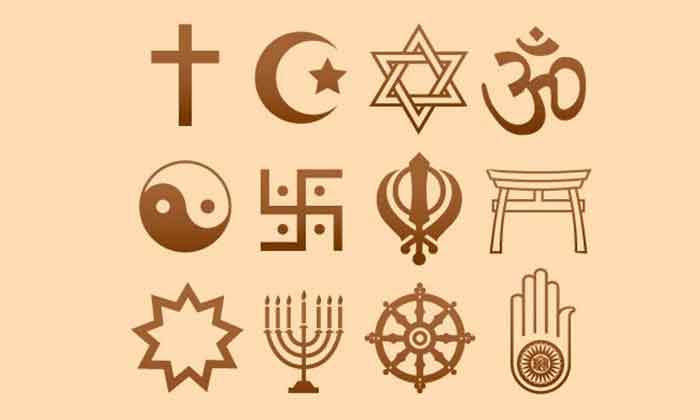
Being neither a believer in gods or against believers, the existence of supernatural, gods and supernatural ultimately running the human affairs do not form part of my consciousness. Belief in supernatural also brings with it the division of this world and the other world. This world which is the human world is considered a ‘maya’ ‘an illusion’. Ultimate merging with the absolute or ‘Brahman’ or ‘Absolute’ is considered to be the ultimate reality. The other world takes the shape of ‘swarg’ or ‘heaven’ or ‘nark’ or ‘hell’. Good deeds are said to lead to ‘swarg’ or ‘heaven’ and bad deeds to ‘nark’ or ‘hell’.
The desire for reaching ‘heaven’ does result in charitable acts and human actions which try to ameliorate the conditions of those suffering – whether the poor, orphans, physically challenged, aged etc. It could also be a result of inspiration of ‘human’ aspects of religion which calls for love, compassion, kindness and concern for the suffering. Inter-faith peace practitioners also call for building universal brotherhood and harmony through merging the commonalities and larger universal values of religion. Matters of faith carried out in this spirit enhances peace and harmony among communities and also results in positive social actions.
The problems in matters of faith arises when these are taken over by those who believe in establishing supremacies based on faith. Believers of one faith start believing that their faith is the supreme and that of the other is inferior. The one which considers itself supreme and the other inferior could vary across geographies – countries or regions. Those who propagate this division ultimately do use religion to achieve supremacy and power, while at the same time running contrary to humanistic aspects of religion. The faith which considers itself the supreme wants the other to adhere to its whims and fancies. The rights and entitlements of those forming the minority and their equitable citizenship in the nation is denied. Violence, discrimination and denial of citizenship rights gets legitimised.
Religion and matters of faith have limitations in universalizing human values and establishing a society built on it. Sometimes it also serves the rich and powerful in society. The belief in ‘god’ who will take care of those suffering in this world or in the other world after death prevents actions to change the structural conditions which lead to suffering. Religious prescriptions such as performing rituals or taking a bath in sacred rivers to wash away sins provides opportunities whereby initial unwanted actions can be taken up.
Religion hides factors such as ‘oppression’ and ‘exploitation’, while providing prescriptions for dealing with conditions which arise as a result. While it may not necessarily address conditions which create structural reasons for unjust society, it helps to deal with mental and emotional conditions which arise as a result and gives hope of improvement.
While religion does motivate acts of goodness, a just society can only arise on the foundations of larger human values which may go beyond religion. Scandinavian countries which continue to be placed well on human development indicators continue to be the ones with larger proportion of atheists. It would not be surprising to state that absence of conditions which result in human suffering also ensures a decline in faith and religion.
T Navin is an independent writer










































